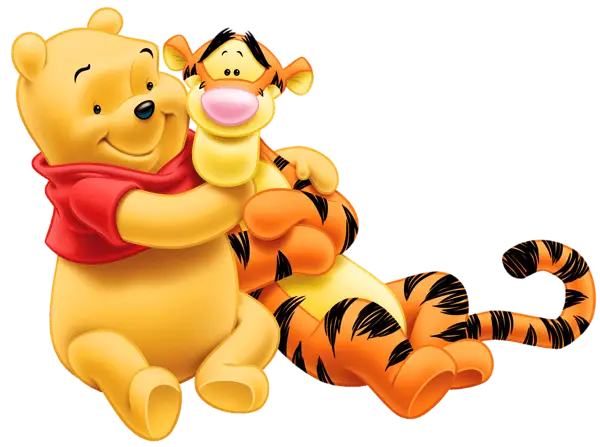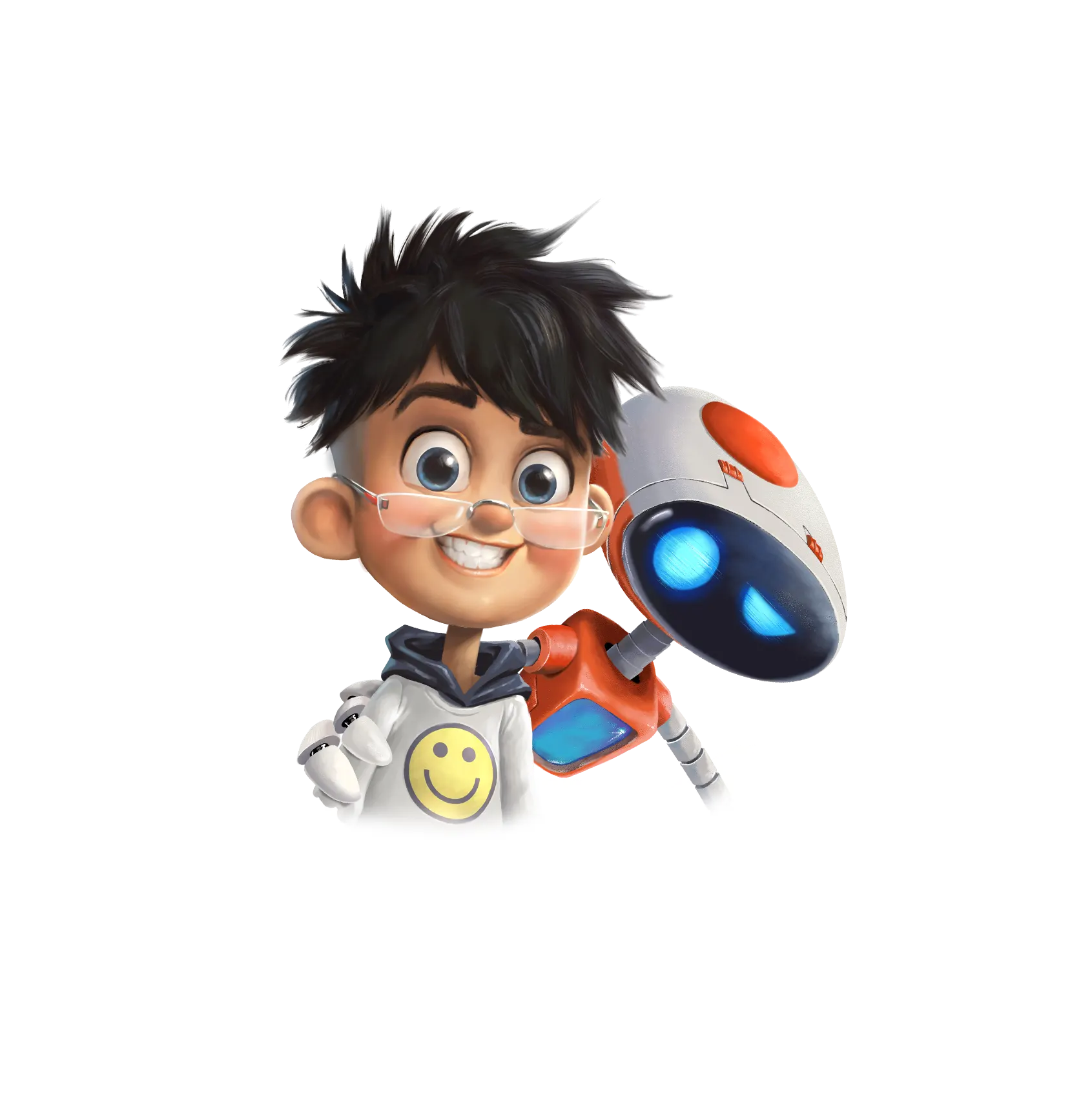2D Animation for Kids: A Gateway to Education and Entertainment
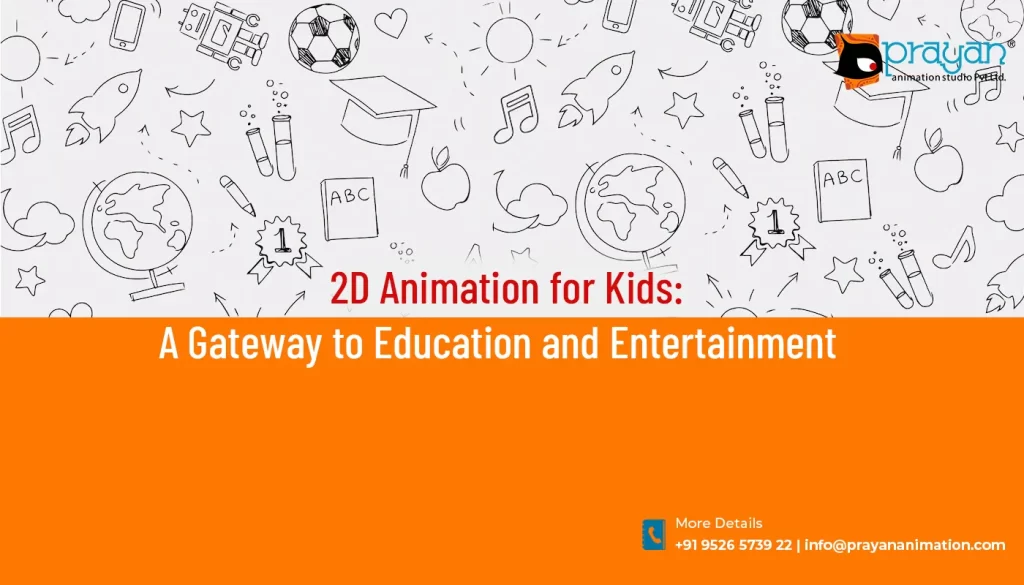
Animation has been a part of our lives for decades, but it has become even more popular with the advent of modern technology. Kids today are exposed to a wide variety of animation, from cartoons to video games. But one type of animation that stands out is 2D animation. This form of animation is often used to create stories and characters that are both educational and entertaining. 2D animation is a type of animation where objects and characters are created and manipulated in two dimensions. It is usually created using a computer program or software. The most popular 2D animation programs are Adobe Flash, Toon Boom, and Anime Studio. 2D animation is an excellent way to engage kids in learning. It is a great tool for teaching concepts such as geometry, physics, and biology. It also helps kids learn problem-solving skills. 2D animation can be used to create educational videos and cartoons that teach kids about different topics.
In the age of digital ubiquity, children are exposed to screens more than ever before. While this has sparked concerns about potential drawbacks, it also presents exciting opportunities for learning and entertainment. Enter the vibrant world of 2D animation for kids, a space where education and entertainment seamlessly intertwine.
The Power of 2D Animation:
2D animation boasts an unparalleled level of creative freedom. Unlike live-action media, it lets characters defy gravity, embark on fantastical journeys, and transform in ways that would be impossible in the real world. This visually captivating storytelling captures children’s imaginations, igniting their curiosity and engaging them in a way that traditional methods often struggle to achieve.
Beyond Entertainment: Unlocking Learning Potential:
Far from being mere entertainment, 2D animation for kids can be a powerful tool for fostering learning and development. Educational animated content can:
- – Introduce complex concepts in a simplified and engaging manner. The abstract becomes concrete, making learning fun and memorable.
- – Enhance understanding and retention of information. Through repetition, visual aids, and interactive elements, children can grasp and retain information more effectively.
- – Promote critical thinking skills. Animated stories and scenarios can encourage children to question, analyze, and solve problems, fostering critical thinking and problem-solving skills.
- – Develop social and emotional intelligence. By showcasing positive values, diverse perspectives, and healthy relationships, 2D animation can help children understand and navigate the social and emotional intricacies of the world around them.
- – Boost creativity and imagination. Exposure to different art styles and storytelling techniques can inspire children to express themselves creatively through drawing, writing, and storytelling.
Inspiring Examples:
- – Interactive learning apps: These apps use animation to teach children basic skills like counting, colors, and shapes, making learning interactive and enjoyable.
- – Animated series exploring different subjects: From scientific concepts and historical events to cultural differences and ethical values, animated series can spark children’s curiosity and expand their knowledge base.
- – Interactive storybooks: These books combine animation with interactive elements, encouraging children to read, engage with the story, and learn new vocabulary.
- – Educational games: Through a blend of entertainment and educational challenges, these games can help children develop various skills, from cognitive abilities to problem-solving and collaboration.
The Entertainment Factor: Fostering Joy and Engagement:
Engaging 2D animation can be a source of pure joy and laughter for children. Funny characters, silly situations, and catchy music all contribute to a positive and enriching experience. This entertainment value can:
- – Promote emotional well-being by reducing stress and anxiety. Laughter and joy are powerful tools for emotional well-being, and 2D animation can provide a much-needed escape from daily pressures.
- – Provide opportunities for social interaction and shared experiences. Watching animation together can spark conversations, encourage laughter, and create shared memories that strengthen bonds between children and families.
- – Encourage physical activity through interactive games and apps. Games that involve movement and physical engagement can help children stay active and healthy.
- – Inspire creativity and imagination. Exposure to different art styles, animation techniques, and storylines can inspire children to explore their own creativity and express themselves through various art forms.
Examples of Entertaining 2D Animation:
- – Classic cartoons: These timeless gems have entertained generations of children and continue to do so with their humor, iconic characters, and engaging storylines.
- – Original animated series: With diverse characters, imaginative plots, and engaging narratives, the original series captivates children and keeps them hooked with each episode.
- – Short-form animations: These bite-sized animations provide quick bursts of laughter and joy, perfect for short attention spans or as a fun break in the day.
- – Interactive experiences: These experiences allow children to participate in the animation itself, providing a unique and engaging way to interact with the story and characters.
Choosing the Right Content: A Guide for Parents and Educators:
With the vast library of 2D animation available, choosing the right content for your child can feel overwhelming. Here are some tips:
- – Consider your child’s age, interests, and developmental stage. This ensures the content is engaging and appropriate for their needs and understanding.
- – Look for animation that is educational and age-appropriate. Choose content that aligns with your child’s learning goals and developmental stage, fostering their cognitive and emotional growth.
- – Check reviews and recommendations from other parents and educators. This can help you find animation that is both entertaining and educational, providing valuable insights from other parents and professionals.
- – Watch the animation together with your child and discuss it afterward. This fosters meaningful conversations, allows you to gauge your child’s understanding, and creates a bonding experience.



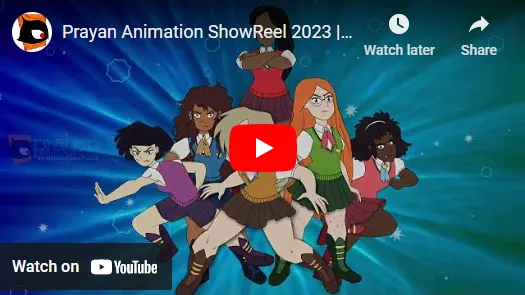



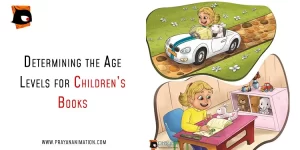


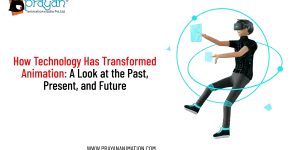


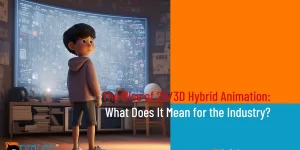
 We can help you.
We can help you. 

